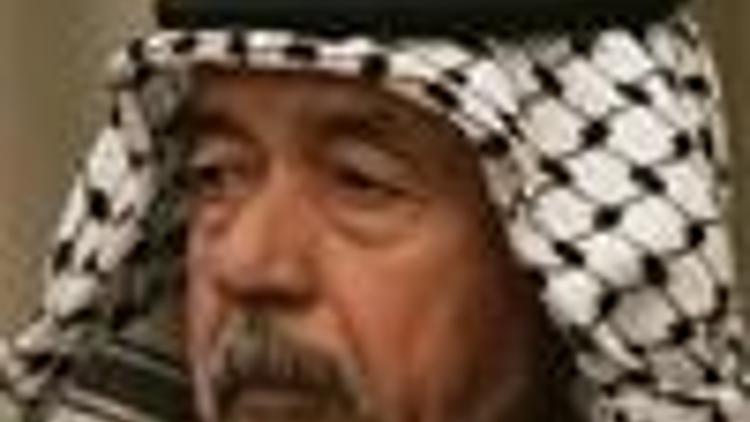Iraq council approves "Chemical Ali" execution
Güncelleme Tarihi:

The long-delayed execution of "Chemical Ali", a cousin of Saddam Hussein and once one of the most feared men in Iraq, is to go ahead after the last legal obstacle was removed, Iraqi officials said on Friday.
Iraq's presidency council, made up of President Jalal Talabani and his two deputies, has for months blocked the execution of Ali Hassan al-Majeed and two others convicted last June of a genocidal campaign against Iraqi Kurds in the 1980s. While the council was not against hanging Majeed, there was internal disagreement over whether his two co-accused, Saddam's former defence minister, Sultan Hashem, and a former army commander, Hussein Rashid Muhammed, should suffer the same fate. �
The legal wrangle has held up the execution of all three, who were due to have gone to the gallows within days of an Iraqi appeals court upholding their death sentences last September. But a compromise solution appears to have been worked out to speed the execution of Majeed, whose death has long been sought by Iraq's newly empowered Shi'ite majority and Kurds, who suffered terribly at his hands.
"They approved it two days ago," a source at the presidency council told Reuters, referring to the council's rubber-stamping of Majeed's execution. He said it would be up to Prime Minister Nuri al-Maliki's Shi'ite-led government to set a date for the death sentence to be carried out. "It will be a matter of days," said an adviser to Maliki, who declined to be named, when asked when Majeed would be hanged.
The U.S. military, which has custody of Majeed and other former members of Saddam's government, said it had not received a request to hand him over to the Iraqi authorities, which would signal that his execution was imminent.
The council source said no decision had been made regarding the fate of Hashem and Muhammed. "There are different points of view regarding the others that need to be resolved," he said. Talabani and Vice President Tareq al-Hashemi, a Sunni Arab, have strongly opposed the execution of Hashem, a popular former general who they argued had simply been following orders and should not suffer the same punishment as his political masters.
There is little support for Majeed, whose reputation for brutality and ruthless use of force to crush opponents of the government won him widespread notoriety during Saddam's rule and led many Iraqis to fear him more than the Iraqi leader himself. Majeed was convicted of planning and directing the Anfal military campaign in 1988 which prosecutors said killed up to 180,000 Kurds.

